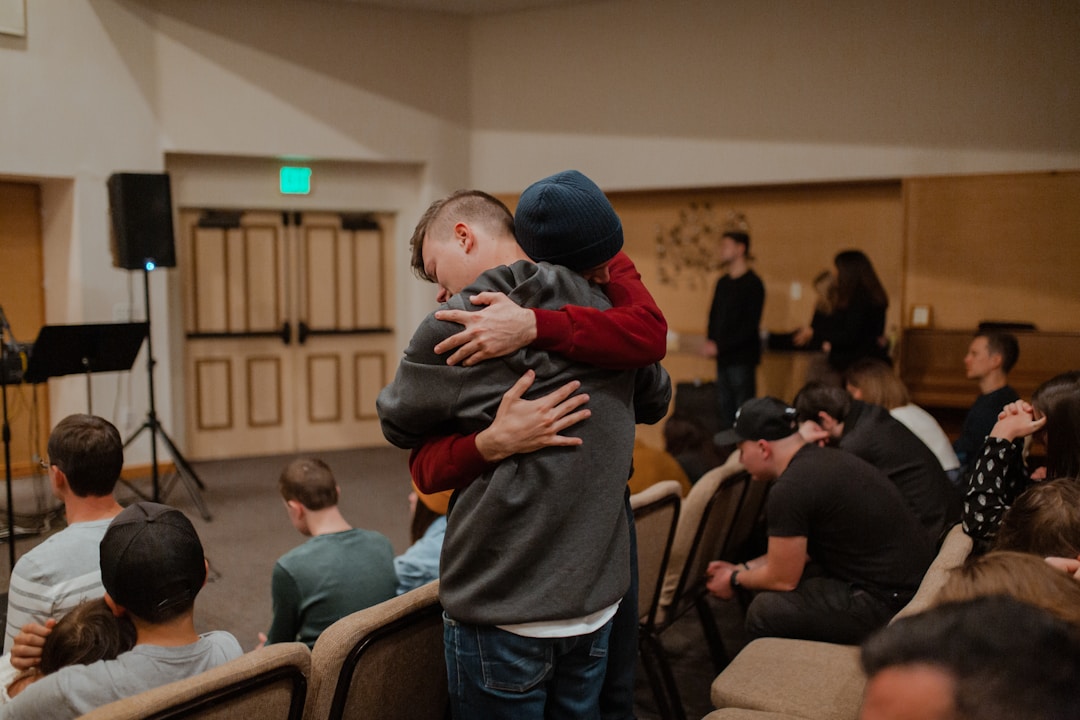Understanding What To Do Next After Losing a Loved One
Experiencing the loss of a loved one is an inevitable part of life, yet one of the most challenging moments anyone can encounter. Whether it results from an extended illness or an unexpected event, the impact is profound and the path to healing is personal and unique. The emotional turbulence that follows can be overwhelming, leaving many at a loss when it comes to coping with the aftermath. This article serves as a guide to navigating the journey of grief, legal necessities, and honoring the memory of those we’ve lost. Keep reading to gain insight on how to manage these difficult times with grace and resilience.
Understanding the Grieving Process After Losing a Loved One

Grief is a multifaceted response to loss, particularly to the loss of someone to whom a bond was formed. It is deeply personal and can manifest in various ways, including denial, anger, bargaining, depression, and acceptance. Every individual’s grieving timeline and experiences are different—there is no right or wrong way to grieve.
It’s important to acknowledge emotions as they come and not rush the process. Seeking solace in family and friends can provide a network of support. Certain rituals or acts of remembrance can also offer comfort and serve as a part of the healing journey. In times of immense sorrow, these shared moments can be a lifeline.
Seeking Support Through Grief Counseling and Support Groups
After the loss of a loved one, seeking professional help can be instrumental in navigating grief. A Charlotte therapist or a counselor specializing in grief can provide a secure space to explore feelings and develop strategies for coping. They can also help in identifying the normal aspects of grieving versus when it might be time to seek further help.
Support groups offer a unique form of solace, as they connect individuals going through similar experiences. Sharing stories and listening to others can validate emotions and lead to a sense of community and understanding. It can be a relief to know you’re not alone in your grief.
Honoring Your Loved One’s Memory and Legacy
Remembering a loved one who has passed away can manifest in a myriad of ways. Creating a dedicated space at home, such as a small altar with pictures and mementos, can keep their memory alive. Celebrating their birthdays or the anniversaries of their passing with a ritual or act of charity can also be meaningful.
Establishing a scholarship, planting a tree, or dedicating a bench in a community park are ways to honor a loved one’s legacy. Such tributes provide a lasting impact that transcends the individual’s life and offers benefits to the wider community.
Having a resting place to visit can be a source of comfort to many. A tranquil cemetery and mausoleum provide a physical space where one can go to reflect, grieve, and feel connected to those who have departed. It’s a way to externalize the internal process of remembrance and grieving.
Navigating the Legal and Financial Aftermath of a Loss
Following a loved one’s passing, there are often legal and financial matters that need attention. This may involve executing a will, navigating probate, or settling debts. These processes can be complex and stressful, especially during a period of mourning.
It’s usually advisable to consult with an attorney who specializes in estate planning or probate law to guide you through this process. They can help ensure that your loved one’s assets are distributed according to their wishes. Moreover, they can assist in addressing any disputes that might arise among beneficiaries, which can be more common in periods of heightened emotion.
Moving Forward: Embracing Life After Loss

Life after loss is about gradual healing and finding a new normal. It’s about integrating the experience of loss into one’s life and growing from it. It may involve making life changes, embarking on new paths, or revisiting old ones with a different perspective.
While the pain of loss may never fully disappear, its sharp edges often soften with time. It’s important not to rush this process and to allow for fluctuations in emotions and setbacks. These are all part of the continued journey of grief and healing.
Altogether, navigating life after the loss of a loved one is a profound and challenging journey. It requires patience, self-compassion, and the courage to seek out and accept support. Overall, it’s a testament to the resilience of the human spirit and the enduring power of love and memory.






